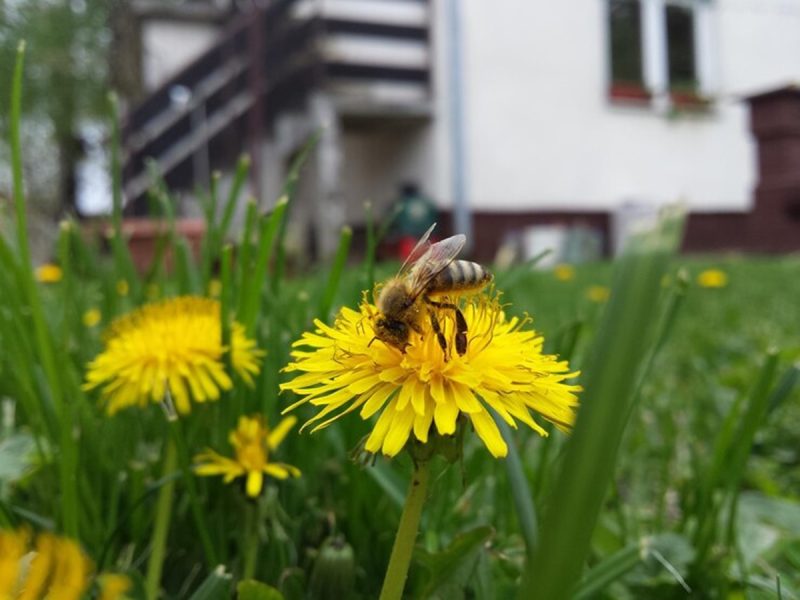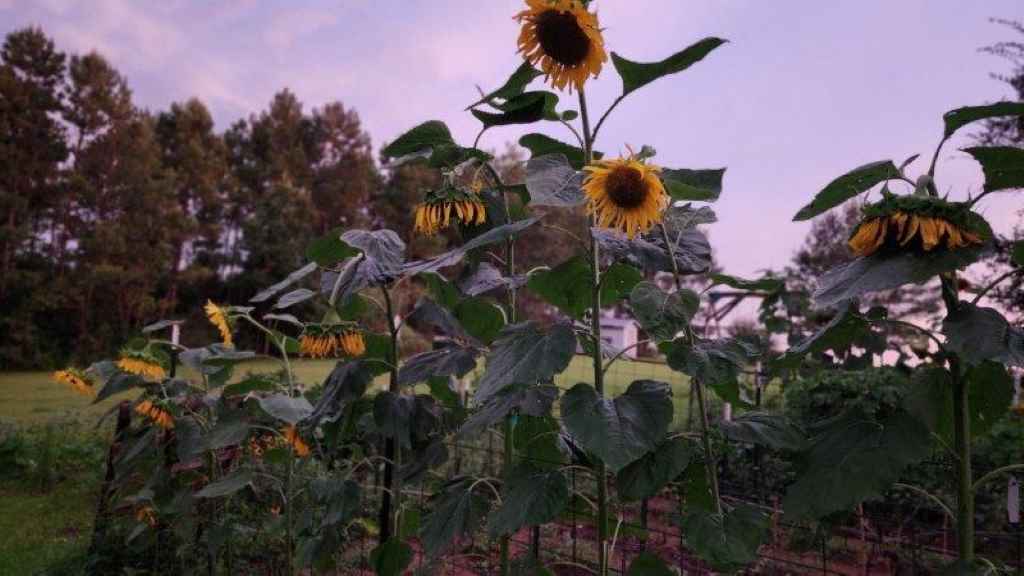Imagine this: you’re enjoying a tranquil afternoon in your garden oasis, surrounded by vibrant blooms. Suddenly, a bee buzzes a little too close for comfort, sending you scrambling for cover. This scenario can turn a haven into a hassle, but fear not! Bees are vital pollinators, and with a little know-how, you can create a harmonious coexistence.
Why Bees Matter?
- Environmental Powerhouses: Bees are responsible for pollinating a whopping third of the world’s food supply, according to the Food and Agriculture Organization of the United Nations. From fruits and vegetables to nuts and seeds, bees play a critical role in global food security.
- Garden Guardians: A well-pollinated garden flourishes! Bees help your plants reproduce, leading to a more vibrant and fruitful harvest, whether you’re growing vegetables, fruits, or flowers.

Safe Bee Removal: When Intervention is Necessary
While sharing your garden with a few bees is a delight, encountering a large swarm can be unsettling. Here’s what to do if you find a beehive in your garden:
- Stay Calm: Sudden movements can provoke bees to sting. Remain calm and avoid swatting at them.
- Identify the Bees: Not all bees are honeybees! Bumblebees, for instance, are less aggressive and typically nest underground. Honeybees, however, can build large hives that require professional removal.
- Call a Beekeeper: Beekeepers are experts at safely removing hives and relocating them to a more suitable location. They often welcome the opportunity to acquire new colonies!
Related: Amazing Succulents With Yellow Flowers
Natural Deterrence Methods: Keeping Your Garden Bee-lieveable
There are several ways to deter bees from setting up shop in unwanted areas of your garden, without harming them:
- Strategic Planting: Strong-scented plants like peppermint, citronella, and clove can be natural bee repellents. Plant these around potential nesting spots to discourage them.
- Create Bee Hotels: These handy structures provide alternative nesting sites for solitary bee species, reducing their interest in your garden shed or other outbuildings.
- Water Wisely: Bees need water to survive. Placing a shallow dish filled with clean water can attract them to a designated area, away from your patio or doorways.
Living in Harmony with Our Buzzing Buddies
By understanding the importance of bees and implementing these safe removal and deterrence methods, you can transform your garden into a haven for both you and these invaluable pollinators. Remember, a bee-friendly garden is a healthy, thriving garden!
Additional Tips
- Educate Yourself: Learn to identify different bee species. Many bees are solitary and not aggressive.
- Patience is Key: Implementing natural deterrents may take some time. Be patient and consistent with your approach.
- Enjoy the Buzz!: Relax and appreciate the gentle hum of bees as they flit from flower to flower. It’s a symphony of nature’s wonder!
By following these tips, you can create a beautiful garden sanctuary that welcomes both humans and bees, ensuring a peaceful coexistence and a flourishing ecosystem.




